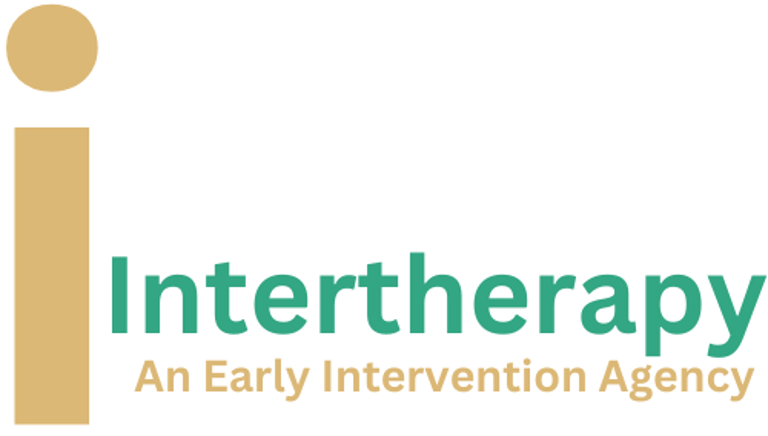FAQS
What is the process for getting an evaluation for my child?
An evaluation determines if a child has a disability and is eligible for early intervention services. It may begin with an initial screening, followed by a more extensive evaluation or assessment. (via Allegheny Intermediate Unit)
What is the difference between an evaluation and an assessment?
An evaluation determines eligibility, while an assessment gathers information on a child's development and needs through various sources like doctor's reports and tests. (via Allegheny Intermediate Unit)
Who is eligible for Early Intervention Services?
Birth to Age 3: Children with a 25% delay in one or more areas of development, a specialist's determination of delay, or a known condition with a high probability for delays.
Age 3 to Age of Entrance to First Grade: Children with a 25% delay or specific disabilities and in need of special education services. (via PA Families Inc.)
Is there a cost associated with early intervention?
There is no charge for the evaluation. Some services may have fees on a sliding scale, but children cannot be denied services due to inability to pay. (via Zero to Three)
What EI Services Are Free?
All evaluations, service coordination, and Individualized Family Service Plan (IFSP) development are free. Translation services are provided for non-English speakers. (Via The Illinois Early Intervention Program: A Guide for Families).
What Is a Family Participation Fee?
Families may pay a fee based on income and family size. Monthly statements detail fees, ensuring families never pay more than the system covers. (Via The Illinois Early Intervention Program: A Guide for Families).
How Does Using My Private Insurance Help?
Private insurance can reduce costs for EI services, potentially lowering family participation fees and deductibles. Any uncovered services are billed to the EI program. (Via The Illinois Early Intervention Program: A Guide for Families).
Does receiving early intervention mean that children enter special education later?
Participating in early intervention does not automatically lead to special education. Information about early intervention is not shared with elementary schools. (via Zero to Three)
What can parents do to prepare for an assessment?
Parents should gather important records, think about concerns, identify key informants, and notify coordinators of any needed assistance. (via Allegheny Intermediate Unit).
How often will my child receive therapy sessions?
The frequency of therapy sessions varies based on the child's needs.
Can I choose which therapists work with my child?
Parents may have some input into therapist selection, depending on the program and availability.
